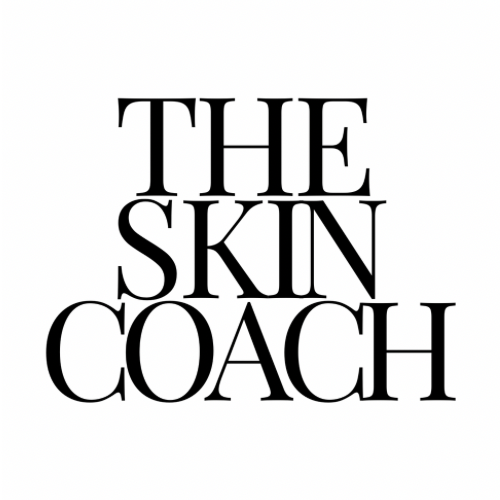Did you know that unprotected sun exposure is the number one cause of premature skin aging?
UV radiation is part of the light spectrum that reaches the earth from the sun. It has shorter wavelengths than visible light and is classified as UVA and UVB rays. Both types of radiation damage the skin in different ways. Ultraviolet B (short-wave) rays are responsible for burnt, red skin, while ultraviolet A (long-wave) rays can penetrate deeper into the skin and cause DNA damage.
A good rule to remember:
- UVA (Ageing)
- UVB (Burning)
Consequences
Sun damage has short- and long-term consequences. An immediately visible sign of sun damage is a sunburn. In a mild form, this appears as red, inflamed skin that feels warmer than usual. In more severe cases such as blisters, as well as nausea and dizziness. In short, sunburn can be very serious.
The longer-term consequences of unprotected sun exposure include dry, dull and uneven skin tone. The sun can dry out the skin and deplete its levels of essential fatty acids, making the skin look and feel dry, flaky and rough. Sun damage also slows the rate of cell turnover, causing a build-up of old, dead skin cells that results in dull, thickened skin.
One of the most obvious, long-lasting signs of sun damage is pigmentation (either dark spots or more diffuse, mottling). The brown spots occur because UV light triggers excess melanin production in the skin. In the absence of SPF, the skin overproduces melanin to protect itself from sun damage. For many people, excess melanin is produced unevenly and concentrated in smaller areas, causing stubborn spots. The dark spots require powerful skin-evening ingredients to fade hyperpigmentation and help the skin return to its natural color.
Sun damage can also destroy the collagen and elastin in your skin. Collagen is a protein that keeps your skin firm and elastin is the support fiber that allows the skin to bounce back. Degradation of collagen and elastin in the deeper skin layers can result in early signs of skin aging, such as wrinkles and fine lines. To make matters worse, unprotected sun exposure also depletes the skin's natural reserve of hyaluronic acid, leading to thinner, more fragile skin.
Although the effects of sun damage are mainly cosmetic, it can become a serious threat to your health when it causes skin cancer . Repeated sunburn and unprotected sun exposure increase the chance of various forms of skin cancer. That's why sun protection is so incredibly important.
Protect your skin from sun damage
Prevention is better than cure, so be sure to protect your skin from the sun's harmful rays every day. It's never too early (or too late) to start using an SPF. In fact, the older you get, the harder it is for your skin to repair the effects of sun damage, so the sooner you start, the better. On an average day, your SPF should last without needing to be reapplied. If you're going to be outdoors for long periods of time or sweat a lot, you'll need to reapply your SPF regularly to ensure you're getting full protection. Also keep in mind that certain medicines or products (acids, retinol) can make your skin extra sensitive to the sun.
Reduce visible sun damage
Although it is not possible to completely repair sun damage, the right skin care products plus daily use of SPF can provide visible improvements. Here are some good ingredients to look for.
AHA: Exfoliates the skin's surface and helps fade pigmentation spots and reduce dry skin. Your skin tone will look more even with a healthy glow.

Exfoliating & moisturizing toner with AHA. Floral Lotion no.2
Vitamin C: Reduces brown spots, helps brighten skin and protects against damage caused by environmental pollutants.  Exfoliating and smoothing cleanser with vitamin C. Flash 10 Botanical Deep Cleanser
Exfoliating and smoothing cleanser with vitamin C. Flash 10 Botanical Deep Cleanser
Antioxidants: The powerful antioxidants in e.g. serums protect the skin against environmental damage and increase the effectiveness of your SPF product for sun protection.


